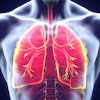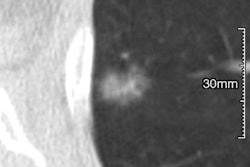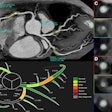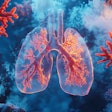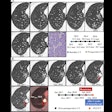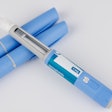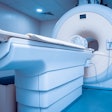Is a CT lung cancer screening exam worth more than $60? The American College of Radiology (ACR) thinks so, and the group is urging the U.S. government to increase the amount it pays for CT screening studies in the Medicare and Medicaid system.
For 2017, the U.S. Centers for Medicare and Medicaid Services (CMS) assigned an ambulatory payment classification (APC) to low-dose lung cancer screening that pays only around $60, despite ACR recommendations for a higher level, according to ACR chair Dr. Ezequiel Silva III, writing in the February 2017 edition of the ACR Bulletin.
Reimbursement for lung cancer screening takes place under two codes: G0296 for the shared decision-making visit and G0297 for the low-dose CT screening exam itself. But the payment amount for the professional component is the same amount as for a diagnostic noncontrast CT scan (current procedural terminology [CPT] code 71250), despite the fact that extra work is required of physicians related to lung cancer screening, including registry participation and the use of Lung-RADS for reporting.
In fact, Medicare's payment levels are based on just 40 billing claims made in 2015, as facilities held claims that year in anticipation of CMS guidance, Silva wrote.
ACR is urging CMS to revise the payment rates, focusing on the hospital outpatient setting where services are paid through the Hospital Outpatient Prospective Payment System (HOPPS). The agency is also encouraging facilities to report their costs properly so that future amounts will rise. Because HOPPS is a prospective system, costs reported this year will determine future payment, Silva said.
With regard to access, many local Medicare administrative contractors (MACs) are challenging the ability to provide screening across all sites of service. They are justifying their positions with regulation language from the 1990s that limits independent diagnostic testing facilities (IDTFs) to performing diagnostic procedures -- not screening studies -- after March 15, 1999.
The ACR disagrees with this interpretation and has offered comments to reverse it, but the organization is still awaiting a decision on the matter, Silva wrote.


